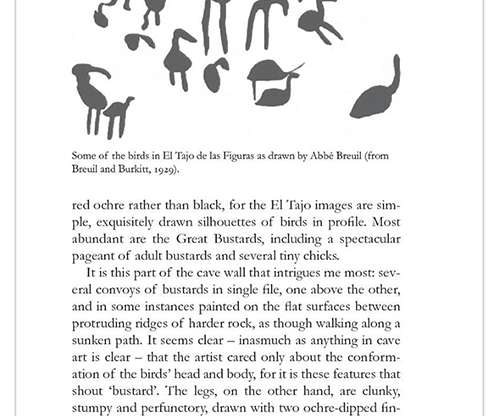Moral Vegetarianism, Part 8 of 13
Animal Ethics
JUNE 4, 2009
For an explanation of this feature, click on “Moral Vegetarianism” at the bottom of this post. Meat-packing companies might encourage, for example, an increased dog population to take up the slack. One suspects that the SPCA and the American Humane Society have done more to stop cruelty to animals than vegetarians ever could.
















Let's personalize your content